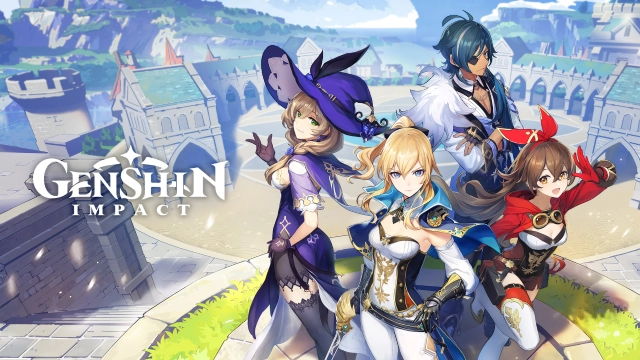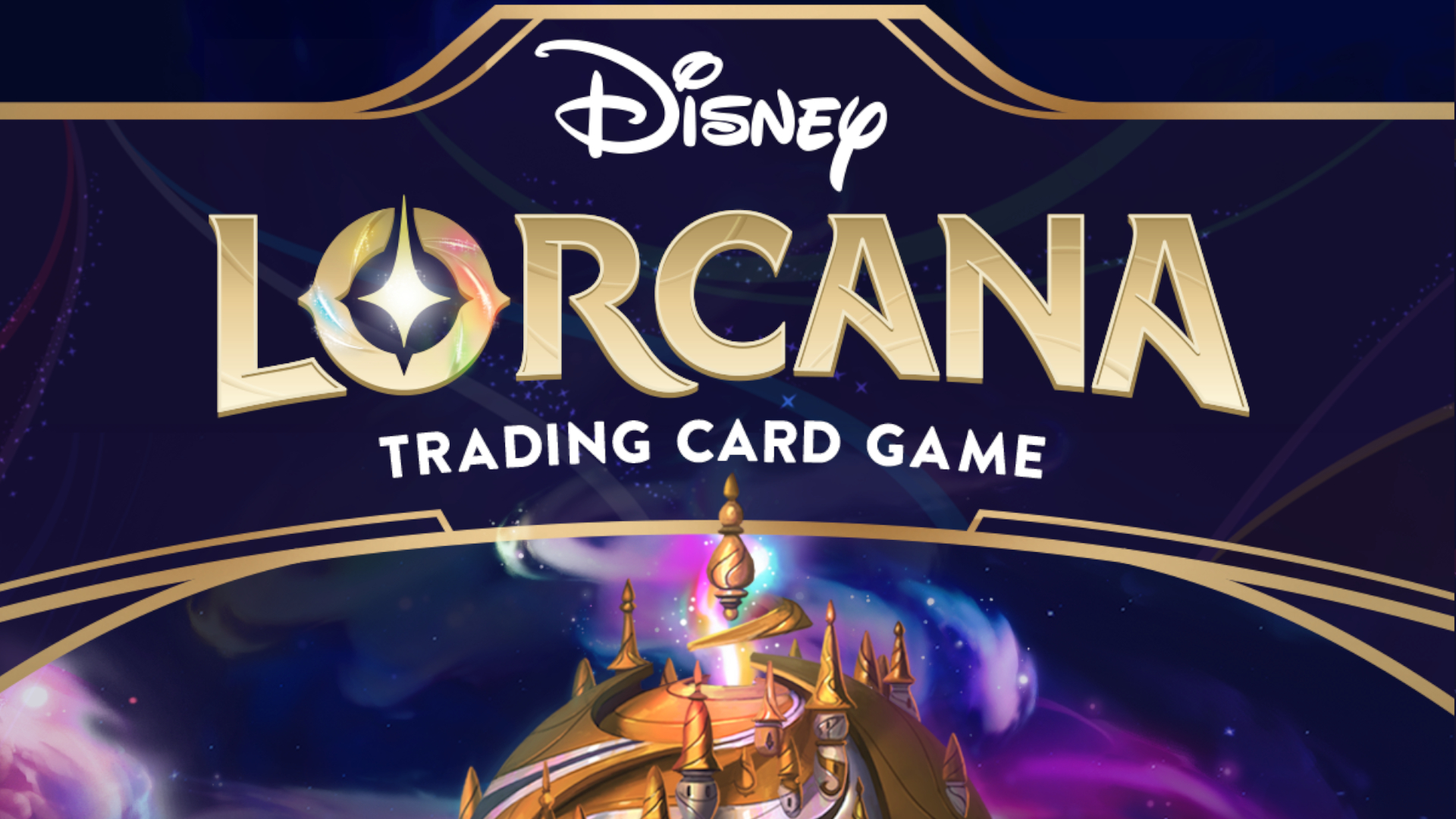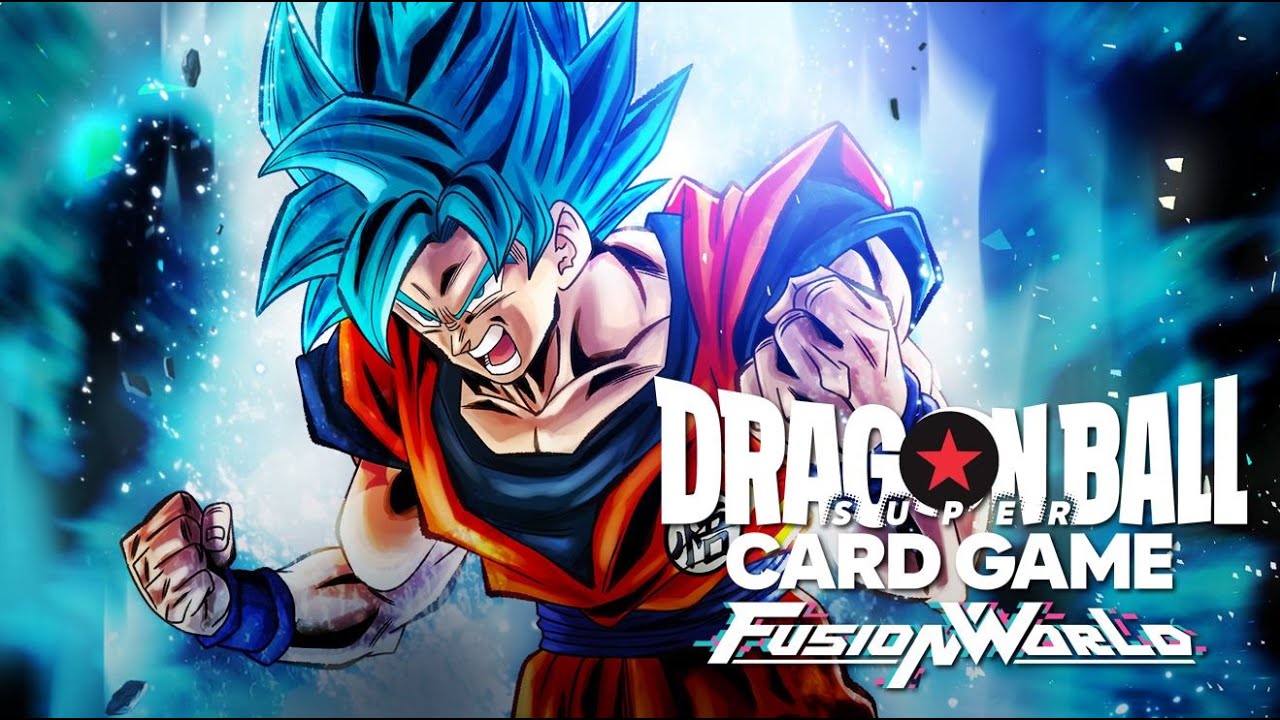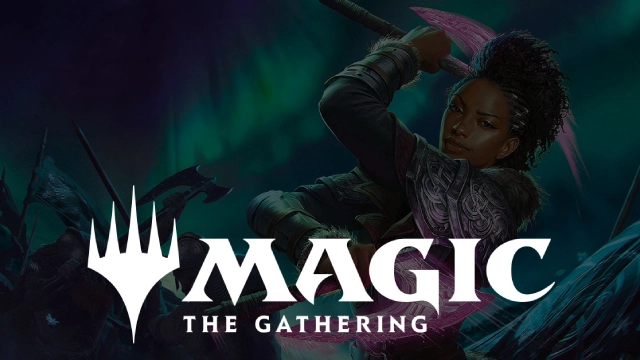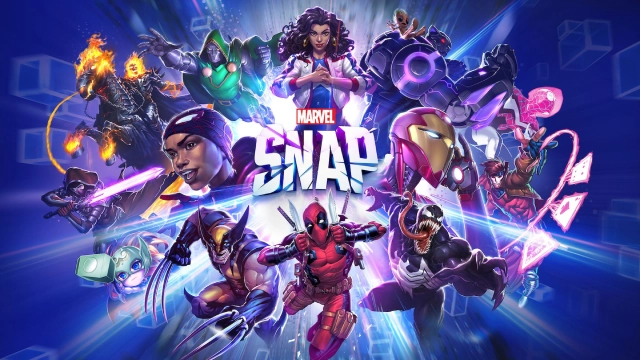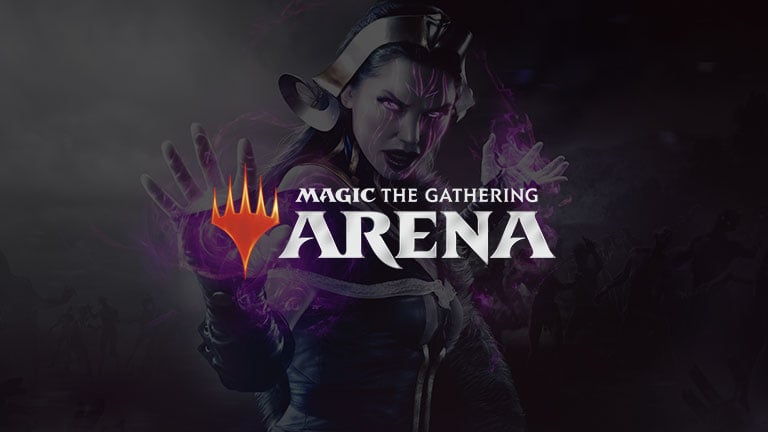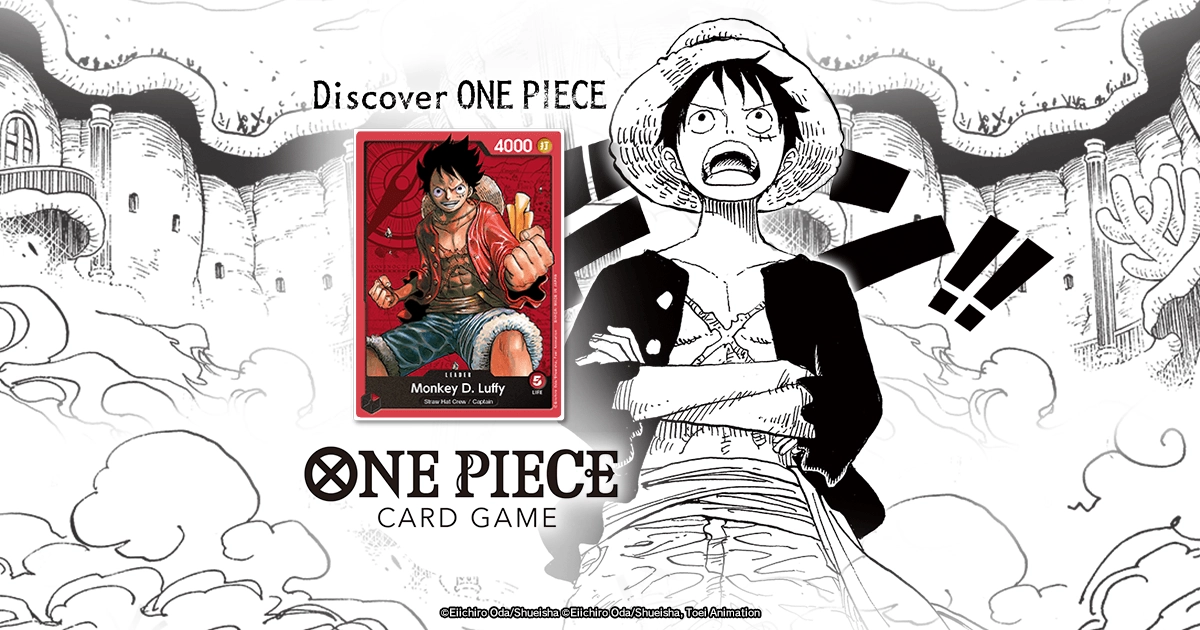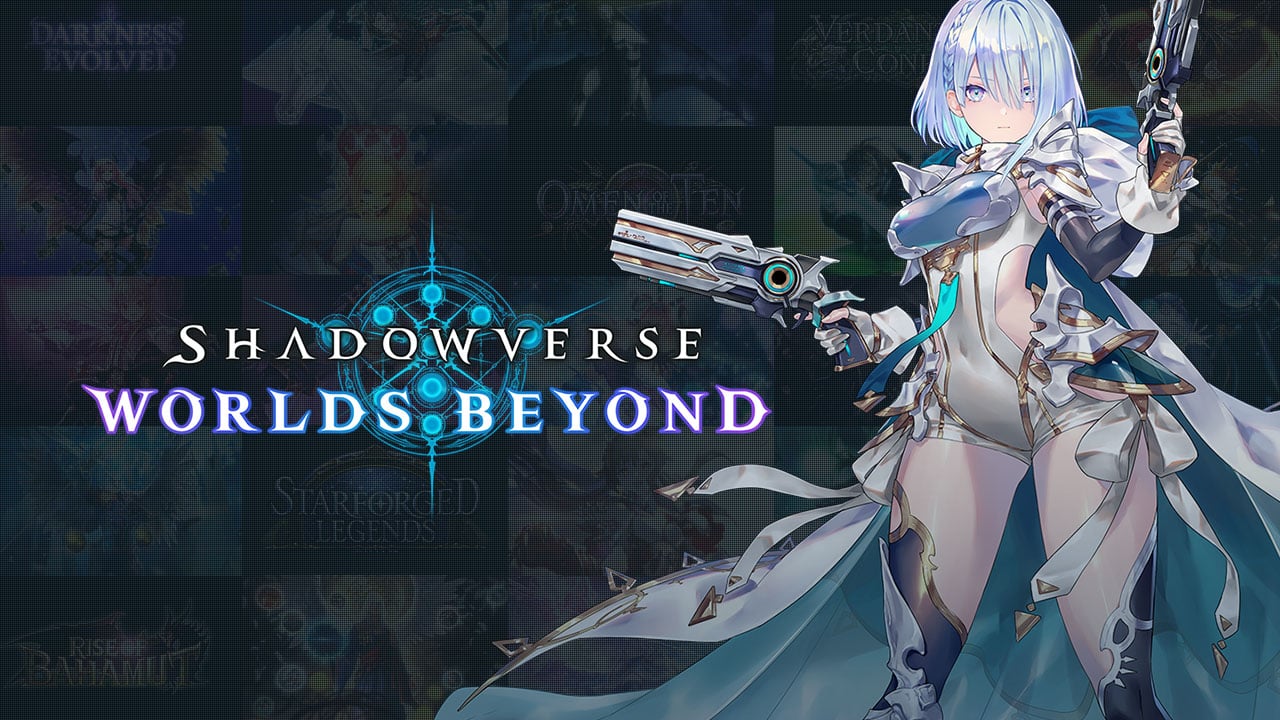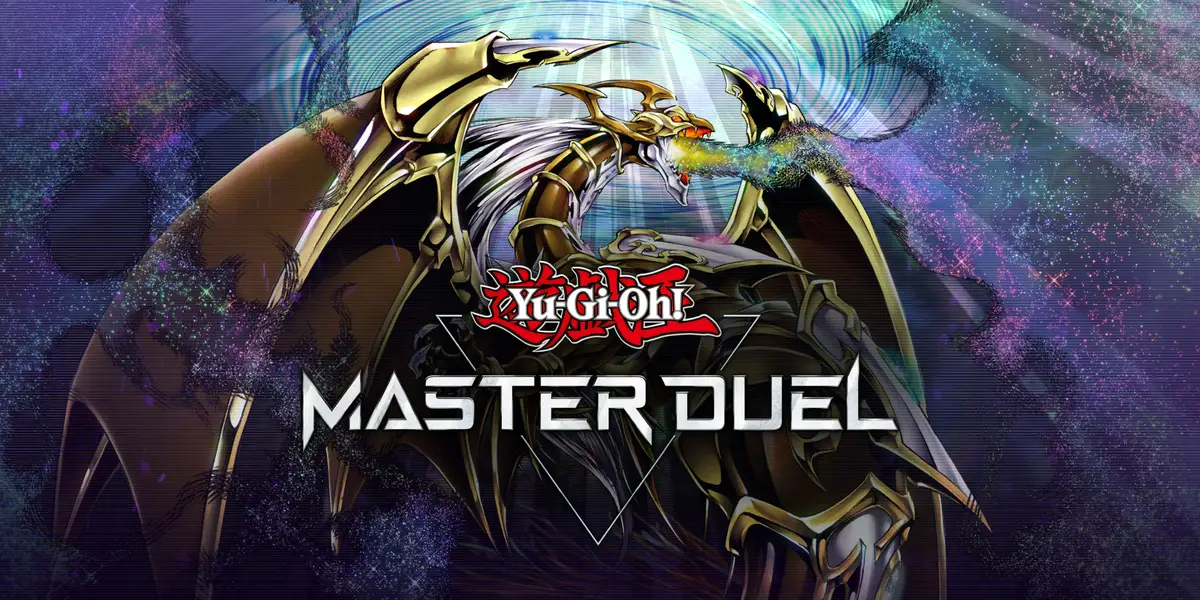As previously announced, we will be publishing articles by Paulo Vitor Damo da Rosa originally posted on Substack for everybody to enjoy as a taste of what’s to come on the MTG Arena Zone Premium section!
At the end of last year, I read an article by Gerry Thompson titled “Luck doesn’t exist”. Obviously Gerry doesn’t think luck literally doesn’t exist; he is a rational human and knows that it does, in fact, play a role in everything we do, including games of Magic. He argues, however, that the role it plays in the long run is so small that we might as well ignore it in our quest for self-improvement, because, regardless of how unlucky you were, there’s always something you could have done to put yourself in a different position to begin with, and that’s where you should focus.
This mindset is not unique to Gerry – in fact, I would say it’s the prevalent mindset in the Magic community. Someone who blames luck for their failures is seen as someone who is never going to get better, whereas someone who takes ownership of their failures is commended for their willingness to improve. This makes sense, as understanding that you lost due to a mistake rather than luck is an important milestone at the start of your Magic life.
While I can understand where this philosophy comes from, the article rubbed me a bit the wrong way, because I strongly disagree with this approach for all but the newest of players. I believe that striving to ignore the role that luck can play in a game or tournament is actually a very harmful mindset that we need to distance ourselves from. This is for two reasons:
First, I believe it leads to an unhealthy state of mind. To be personally responsible for every single failure can be a very heavy burden to carry, and it might lead to disappointment, burnouts and an overall level of unhappiness with the game. Even though we have a lot of agency in how our lives shape up, and this includes Magic games, we don’t have all the agency. Sometimes, things just happen independent of our actions. If we don’t accept that there are things outside our control, then we will drive ourselves crazy every time things don’t work out. As this quote from The Office would say, not everything is a lesson.

Second, because I believe having this mindset actually makes it harder for a player to improve. If you neglect the rule of luck in an outcome – be it positive or negative – then it will become impossible to differentiate the result from the process.Therefore, it’s a key part of any self-improvement process to correctly identify when you actually did get lucky or unlucky.
The reality is that, a lot of the time, we make the right decision and it doesn’t work out, but it doesn’t mean it was the wrong decision to begin with, and we need to acknowledge that, because we need to make sure we make the same decision next time. A person who ignores the role of luck is a person who cannot differentiate between the times they did something right and the times they got lucky, or the times they did something wrong and the times they got unlucky, so they’re much more likely to repeat what worked rather than what was right.
Some might argue that the fact remains that you could have done something to prevent that outcome, therefore it’s ultimately your responsibility. This is true – you could have built your deck differently, you could have mulliganed or not mulliganed, you could have not splashed for that bomb in your sealed deck. In his article, Gerry actually mentions that when you mulligan it’s often a product of the way you built your deck, and you could have built it differently, therefore that mulligan to five is on you.
The key for me here, however, is that focusing on what you could have done serves no purpose. While it is true that there’s almost always something you could have done, it’s not always true that there’s something you should have done, and that is what you need to focus on.
So, yes, you could have built your deck differently. Should you have built it differently, though? What if you’re just actually playing the right number of lands? Then you should continue playing this mana-base regardless of how many times you get issues. There’s a world of difference between “I’m playing the right number of lands and I got unlucky” and “I’m not playing as many lands as I should”, and you need to know which one actually happened so that you can fix it. A willingness to learn from your mistakes is commendable, but you need to make sure they are actually mistakes before you correct them, and if you ignore the role of luck, you’ll never be able to tell.
Let me tell you a Bridge anecdote that I think perfectly encapsulates this. Most people reading this article probably don’t know Bridge, but you don’t need to – the only thing you need to know is that the game is “Duplicated”. This means that, for each card you hold in your hand, there will be someone else, from the other team, holding the exact same cards in another room, and your goal is to do better than them with those cards. Because of this, a lot of the luck in the game disappears – there’s no “I drew all the good cards therefore I won”, because the opponent in the other room will have drawn the same good cards, and you only win if you do better than them. If you score 100 points and they score 110 points, that’s a loss for you. If you score -10 points (negative 10) and they score -20, then that’s a win for you even though you had a negative score, because theirs was even worse.
Now, fast forward to the one and only major tournament I played in the US – a US Nationals. I’m sitting at the table with my partner opposed two opponents and I’m holding a hand of 13 cards. In the other room, holding the very same cards, is Jeff Meckstroth, one of the best players in the history of the game and very likely the best player in that particular tournament.
I reach a critical point in the play of the hand where I have two possible plays and I don’t know which one is correct. They are close enough that it’s unlikely to matter, so I just choose a play basically at random and it turns out it’s good enough.
After the match, I talk to my friend and find out that the play I made had about 49% chance of success, whereas the other play was 51%. Therefore, though I obviously didn’t know it at the time, I made the wrong play.
But Jeff Meckstroth, holding my cards in the other room? Jeff Meckstroth knew. As one of the best players in the world, he was aware of the correct percentages in each combination of cards. He made the play that was 51% to work, except in this case it didn’t, and we ended up winning the game because of that. I beat one of the best players in the world because I made the wrong play and he didn’t.
What was that? That was luck, pure and simple. It would be foolish of me to say otherwise. It would also be foolish of me to not change my behavior in the future, and it would be even more foolish of him to change his. Could Jeff Meckstroth have done anything to win that game? Of course he could have, he could have made the same play as me. Should he have done that? Of course not, it was incorrect. So the fact that he could have done something to prevent it is immaterial and there’s no point in thinking about that scenario. We all accepted that luck played a role in the match, as it often does, even in a game that goes to great lengths to diminish it. Magic is not a game that goes to great lengths to diminish the role of luck, therefore it’s very important to acknowledge that luck plays a very big role in it.

Now, let’s go back to Magic with a deck selection example. A while ago, there were two Pro Tours with remarkably similar outcomes for our team – PT Eldritch Moon and PT Kaladesh. In both tournaments, we ended up playing a BG Delirium deck that got destroyed by an Emrakul, the Promised End deck. Yet, our conclusions and lessons learned were very different.
In the first tournament, we messed up, plain and simple. We completely missed the Emrakul decks and the Elder Deep-Fiend decks, and the Emrakul decks crushed the tournament (and us). Sam Pardee miraculously managed to Top 8 anyway, but we were definitely behind on the metagame and our deck was bad immediately after the tournament as well.
In the second tournament, we actually tested the Emrakul decks (in this case, they were glass-cannon Aetherworks Marvel decks) and figured they were very bad. We assumed no one would play them (because they were bad) and we accepted that, if people did, we’d lose to them. Fast forward to the tournament, glass-cannon Marvel decks are the most popular decks by far. We get crushed in the tournament, but so do the Marvel decks, sporting the worst win percentage of all major archetypes. After the tournament, the dedicated Marvel decks faded into obscurity and BG Delirium became one of the two best decks in the format (alongside a midrange version of Marvel that suffered from the same problem our BG deck did).
In one case, we were able to analyze what we did wrong and we were able to learn from our mistakes – we did a thorough analysis of what caused us to make this incorrect decision and I have lessons from that tournament that I take with me to this day when I’m testing for an event. In the second case, I don’t think we really did anything wrong – we correctly figured out that the Marvel decks were bad and then we were caught off-guard by people deciding to play it anyway. Could we have reasoned everyone was going to play the bad deck anyway? Sure, but should we have reasoned that? I don’t think so. I think our process was good, but we got unlucky. I’d like to emulate this process in the future, even if it wasn’t successful this time.
Ignoring the role of luck would lead to concluding that both situations were the same. Understanding that in the first case we messed up and in the second case we got unlucky allowed us to draw very different conclusions to two situations that were at a glance very similar, but in practice very different, and it meant that both situations led to improvements in our methodology. Had we not acknowledged the role of luck in the second situation, we would have drawn incorrect lessons from that tournament and would end up trying to correct a process that was actually good.
Of course, there’s the matter of correctly identifying if what happened was actually bad luck or something else. People are notoriously bad at this, and a lot of the time they will blame luck when that is not what happened, but I’d still rather see an attempt at analyzing what happened (even if the conclusion is ultimately wrong) than always assuming it wasn’t luck, because that’s just giving up on the problem. There is a point in which you should challenge your priors (if you think you have the right mana base but you have mana problems for twenty straight games, then maybe your assumption that you have the right mana base is incorrect), but it takes a lot more than one game.
So, if I don’t like Gerry’s philosophy, what am I proposing instead? I propose that, instead of pretending luck doesn’t exist, we normalize it. Of course, this isn’t to say that the issue is always luck, or even mostly luck, as there are a lot of situations in which we should play to get lucky or to minimize the need to get lucky to begin with, but just that it’s also incorrect and harmful to say it’s never or very rarely luck.
While I don’t think there are lucky or unlucky people, there can be lucky and unlucky plays, games, tournaments, seasons, and figuring out when you lost due to a mistake and when you lost due to luck is a very important tool of self-improvement that you will be missing if you pretend luck doesn’t exist. Always blaming yourself is not a behavior that should be celebrated, and we should instead strive to figure out what actually happened so that we can modify only what needs to be modified.
I would like to add that I have a lot of respect for Gerry as a player and a writer, and I think most of the time you’d do very well to heed his advice. I just happen to disagree with this specific point enough that it felt worth writing an article about, but that’s all there is to it. Gerry currently writes on Arena Decklists and I recommend you check out his articles.
Premium >
Enjoy our content? Wish to support our work? Join our Premium community, get access to exclusive content, remove all advertisements, and more!
- No ads: Browse the entire website ad-free, both display and video.
- Exclusive Content: Instant access to all exclusive articles only for Premium members, at your fingertips.
- Support: All your contributions get directly reinvested into the website to increase your viewing experience!
- Discord: Join our Discord server, claim your Premium role and gain access to exclusive channels where you can learn in real time!
- Special offer: For a limited time, use coupon code L95WR9JOWV to get 50% off the Annual plan!






